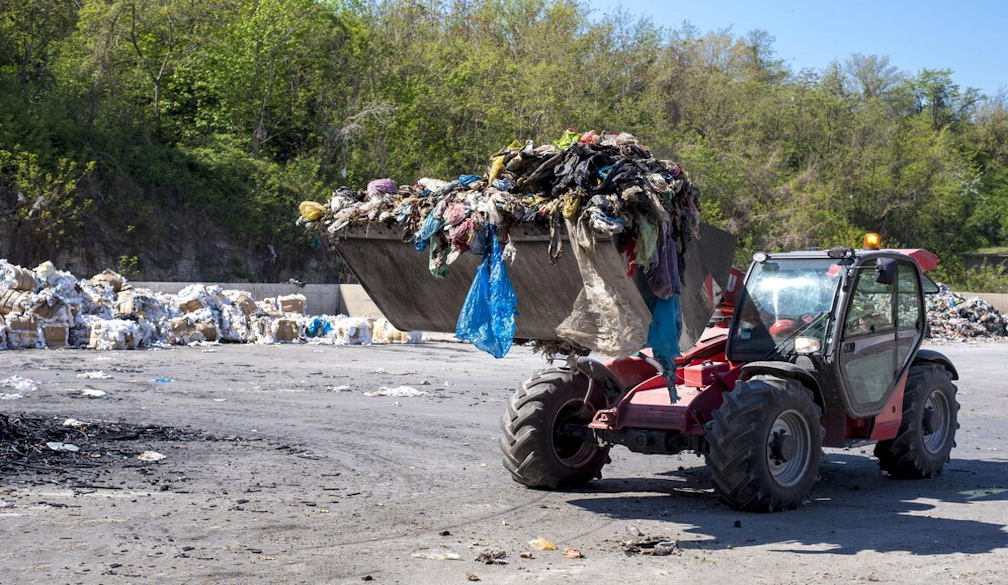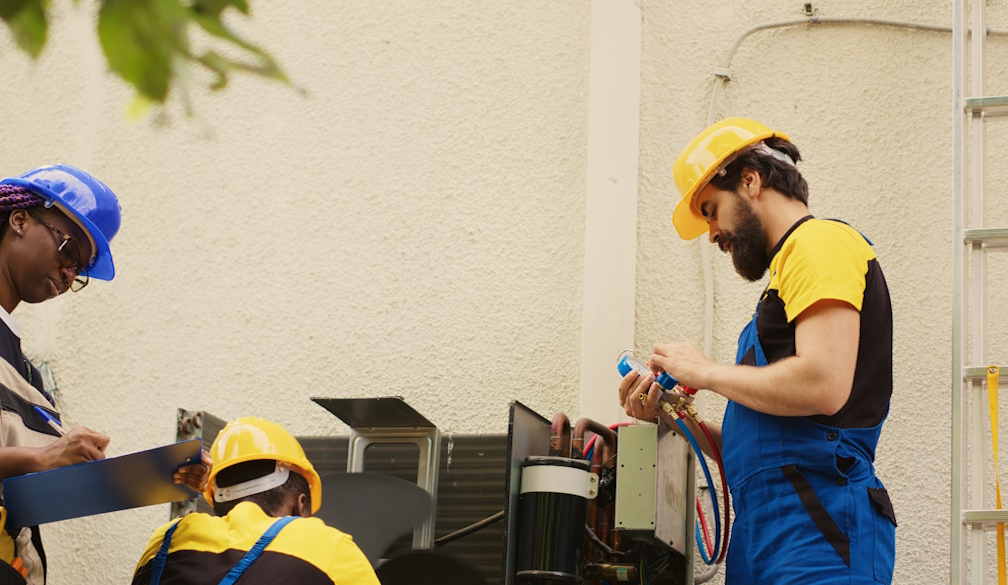Construction and Demolition Waste Recycling: The Key to a Greener Building Industry

The construction and demolition (C&D) industry generates vast amounts of waste. Recycling this waste is crucial for reducing environmental harm and conserving resources. By adopting eco-friendly practices, builders can minimise their impact and promote sustainability.
Common Types of C&D Waste
Construction and demolition projects produce various materials, including:
- Concrete and bricks
- Wood and timber
- Metals like steel and aluminium
- Plasterboard and insulation
- Glass and plastics
Sorting and recycling these materials prevents landfill use. It allows their reuse in future projects.
Why Recycle Construction Waste?
Recycling C&D waste has multiple benefits:
- Recycled Materials: Recycled materials, like crushed concrete, replace raw materials in new builds. This conserves natural resources. This reduces the demand for mining and resource extraction.
- Reduces Landfill Use: C&D waste takes up significant landfill space. Recycling keeps reusable materials out of landfills, cutting waste disposal needs.
- Saves Money: Reusing materials can lower construction costs. Additionally, many recycling facilities offer reduced tipping fees compared to landfill charges.
- Supports Green Building Certifications: Recycling helps win LEED certification. This enhances a company’s reputation and appeals to eco-conscious clients.
Effective C&D Waste Recycling
- Plan Ahead: Incorporate waste management into the project plan. Identify which materials you can reuse or send for recycling before work begins.
- Use Skip Bins: Hiring skip bins is a practical way to manage C&D waste. Many providers, like skip bin companies in Wollongong, specialise in construction waste removal. Choose a bin size suited to your project and sort materials accordingly.
- Partner with Recycling Facilities: Work with commercial rubbish removal professionals that accept and process specific C&D waste. These centres often separate and repurpose materials, ensuring minimal waste.
- Educate Workers: Train teams to identify and sort recyclable materials properly. Clear guidelines reduce contamination and improve recycling efficiency.
Conclusion
Recycling construction and demolition waste is essential for a greener building industry. It conserves resources, cuts costs, and supports sustainability goals. Use skip bins Wollongong to manage your waste and recycle it. Embracing these practices benefits both the environment and your business.




